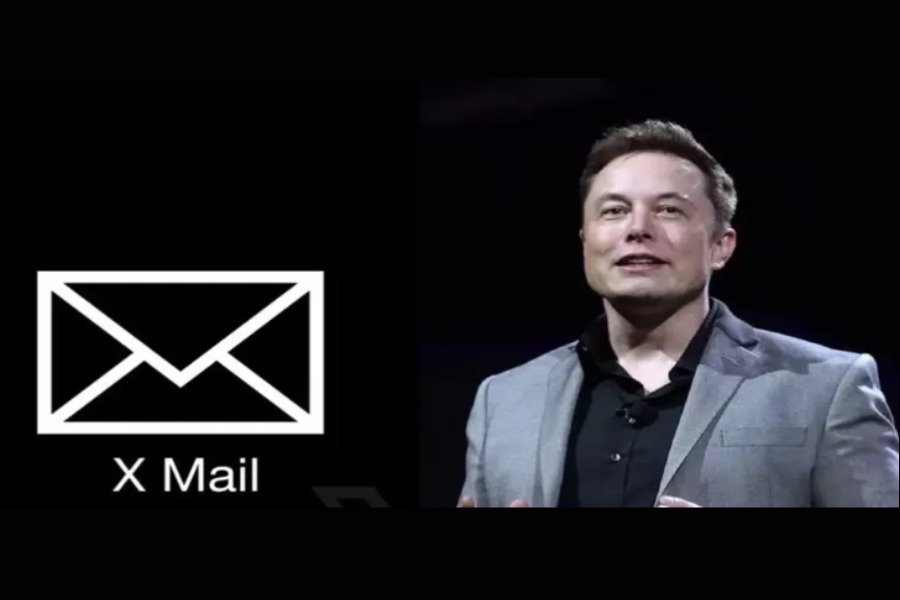In a bold move to shake up the tech world, Elon Musk is preparing to launch a new email service under his company X (formerly known as Twitter). Tentatively named ‘Xmail’, this new service aims to take on tech giants like Google’s Gmail, Microsoft’s Outlook, and Apple Mail. With this step, Musk intends to revolutionize the email service industry and present a serious challenge to the existing major players.
The Challenge Ahead
This is no small feat, considering Gmail alone boasts over 1.8 billion active users, while Microsoft Outlook and Apple Mail also hold a significant market share. Recently, Musk hinted at this development through a tweet, suggesting his plans to dive into the email space. This move signals a potential shakeup, as industry experts already sense the onset of a new revolution in the email service market.
Features and Musk’s Vision
Under Musk’s leadership, Xmail is expected to focus heavily on privacy, security, and technological innovation. Known for prioritizing cutting-edge solutions in all his ventures, Musk will likely integrate features that set Xmail apart from traditional platforms. One of the key differentiators could be the integration of Artificial Intelligence (AI) to enhance user experience.
Additionally, Xmail will likely be closely integrated with X’s existing social media platform, offering users the convenience of managing both their social accounts and email from a single platform. This unique feature could give Xmail a significant edge over its competitors.
Market Competition and Outlook
The email service market is currently dominated by a few major players:
- Apple Mail holds the largest market share with 53.67%,
- Gmail follows with 30.70%,
- Microsoft Outlook accounts for 4.38%, and
- Yahoo Mail retains 2.64% of the market.
For Xmail to establish itself and gain momentum, it will need to offer something extraordinary to convince users to switch from these established platforms.
Will Xmail Carve Out Its Space?
Elon Musk already commands a massive user base through his other ventures, including X and Tesla. Leveraging this loyal audience, Xmail could quickly gain traction if it introduces innovative features that focus on security, privacy, and user-friendliness.
Moreover, Xmail has the potential to cater to both individual users and businesses, offering a robust alternative to existing platforms. If Musk can deliver on these promises, Xmail could pose a substantial threat to Gmail, Outlook, and Apple Mail, forcing these platforms to rethink their offerings.
Conclusion
The launch of Xmail has the potential to reshape the email service industry. With Musk’s proven track record of innovation and disruption, the world eagerly awaits what Xmail brings to the table. Will it redefine email communication or struggle against well-established competitors? Only time will tell, but one thing is certain—Elon Musk is ready to challenge the status quo once again.



